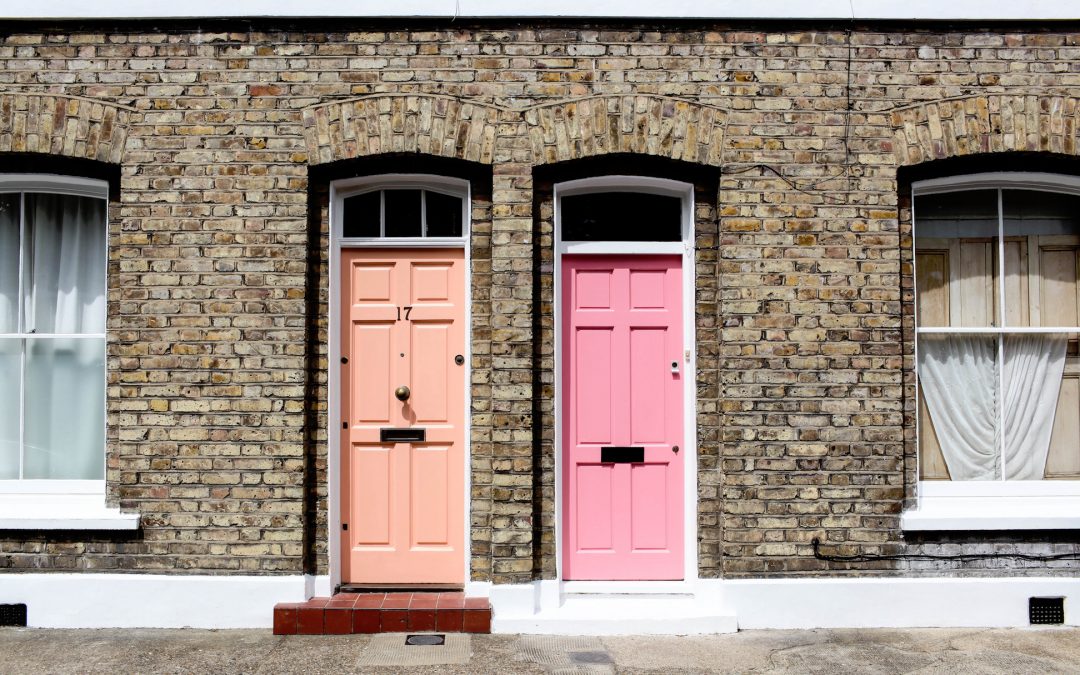The buy to let market is one of the most attractive options when you’re looking to secure long-term investments. You’re told that there’s no safer place to put your money than bricks and mortar. You get every ’expert’ telling you that if you leave it long enough prices will increase because they’re not making land anymore. And you also get sold on the idea of someone else paying off your mortgage by paying your rent at the end of each month.
It all sounds great, but what are some of the key things you need to consider before you get started? Let’s take a look so you have an idea about the questions you need to ask, and the kind of expert you’re looking for, when you are ready to become a buy to let investor.
How will you fund it?
Good question! As with any acquisition process there are a number of options you need to consider. Are you going to buy the property outright? Are you going to take out a specialist buy to let mortgage that allows you to buy the property and then rent it straight out to someone else? Are you looking to do something more complex like take money out of an existing property and use it to fund the purchase of your investment property?
Whilst a detailed explanation of the best way forward will depend very much on your individual circumstances, it’s important to realise the wealth of different options out there. By sitting down with an expert and discussing how best to fund it you will be able to maximise your long-term flexibility, as well as you initial buying power.
Who will you rent it out to?
There’s an increasing trend towards investing in HMO’s because they can be far more lucrative than renting to a single family. It’s important to note that you have to be careful to work with the local council and other bodies to ensure you don’t fall foul of any regulations and restrictions.
Things as simple as a shortage of parking spaces or a neighbour who doesn’t want an HMO on their doorstep can delay applications for HMO conversions. Make sure you have a picture of precisely who you want to rent to before making your investment and you’ll lay solid foundations that won’t cause disruptions down the line.
Are there restrictions on future use?
Flexibility is key in every area of life, and investing in properties is no different. You may decide you want to rent on a normal residential basis for the time being whilst still having the potential to convert to a HMO later on.
Work with an expert to ensure your lending agreements allow you to do these kind of things and you’ll find that you can really make your investment work for you over the long-term. It’s a step that many people skip, but because you’ll likely be holding the property for years and years, having a degree of future proofing can make all the difference.
What’s the long-term forecast for the area you’re looking at?
This is another one of those questions that it can be all too easy to overlook. Just because prices are low, or rapidly increasing right now, doesn’t necessarily mean the area you’re looking at is sure to be a winner.
Seek advice and do your research so that you get an accurate forecast of what any property you purchase is likely to be worth 5 years from now. It’ll provide you with the peace of mind that you’re building a nest egg for the long-term, rather than just topping up your monthly income for the next couple of years.
Are there tax implications you need to know about?
Lastly, it’s really important to consider the tax implications of buying properties to let. The system can feel complex and convoluted, so take the time to sit down with an advisor who will be able to talk your through all your options. That way you won’t be caught out if you find stamp duty and other surcharges instantly eat away at your first couple of years profit.
If in doubt about any of the above, connect with an expert to discuss your options.


Recent Comments